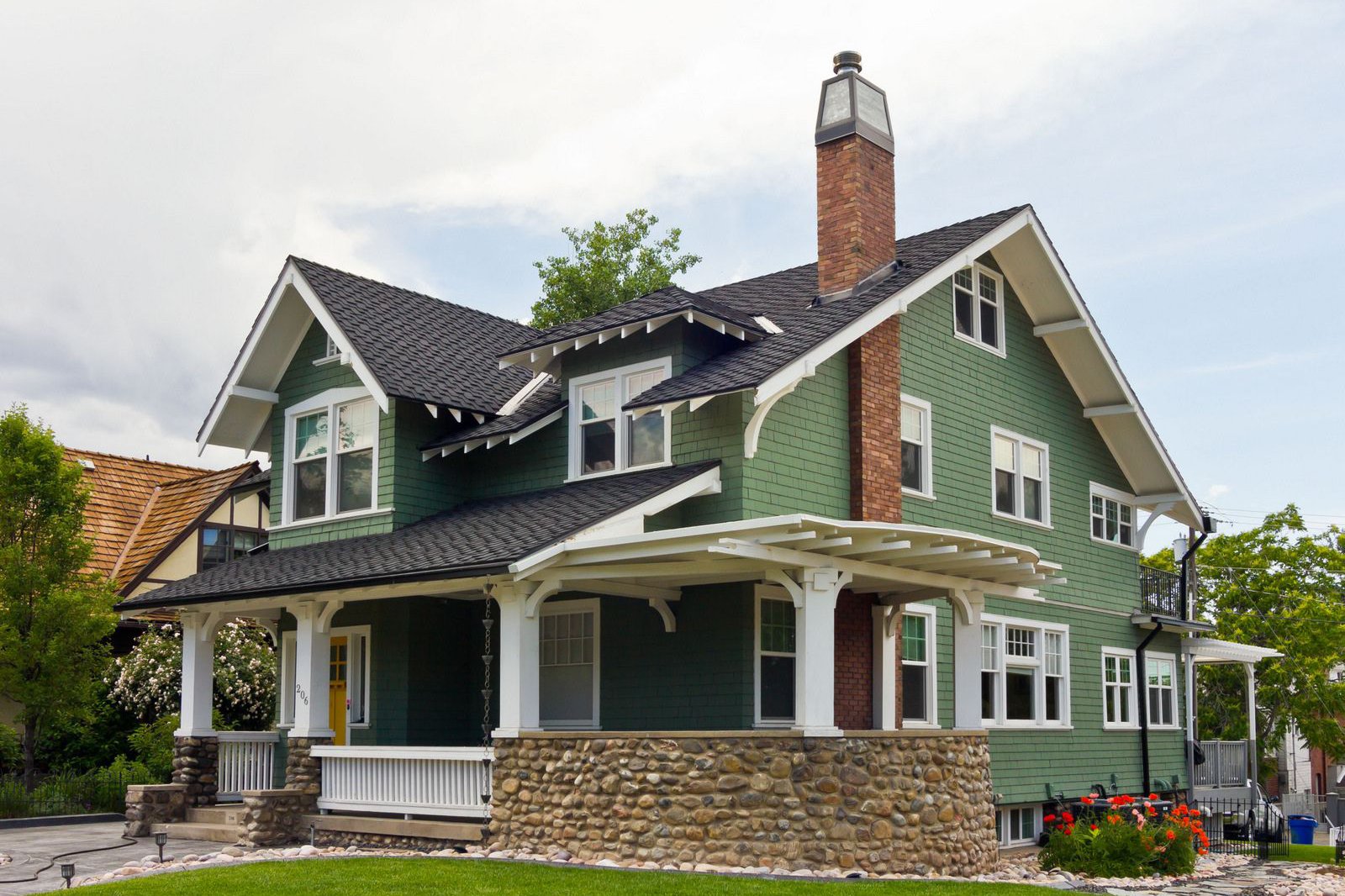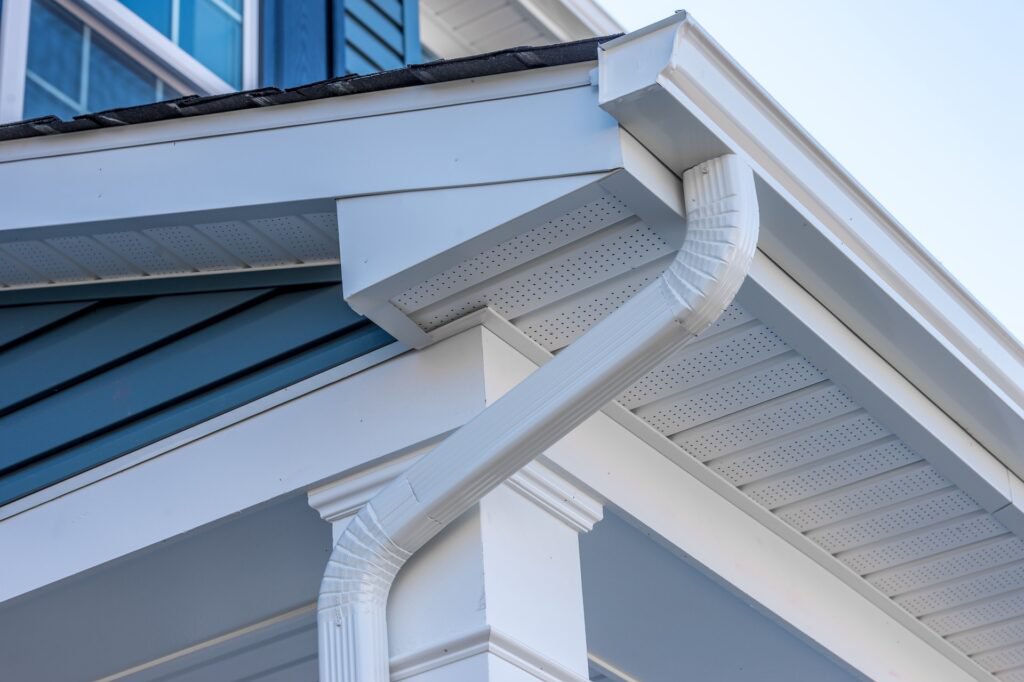Choosing the Best Roofers in Wilsonville, Oregon: A Homeowner's Guide
For homeowners in Wilsonville, Oregon, maintaining a sturdy, reliable roof is paramount to protecting their investment and ensuring comfort. However, the process of finding and hiring a qualified roofing contractor can often feel overwhelming. With numerous options available, knowing how to properly vet potential candidates is crucial to avoid costly mistakes and ensure a high-quality outcome for your roofing project, whether it's a minor repair or a full replacement. This guide is designed to walk you through the essential steps of selecting the best roofer, offering insights into what to look for and what to avoid.
Why Choosing the Right Roofer Matters
Your roof is one of the most critical components of your home's structure, protecting it from the elements and contributing significantly to its overall value and energy efficiency. Hiring the wrong contractor can lead to a host of problems, including shoddy workmanship, using substandard materials, project delays, budget overruns, and even potential legal issues. A poorly installed or repaired roof can result in leaks, mold growth, structural damage, and premature failure, costing you significantly more in the long run than the initial savings from choosing the cheapest bid. Conversely, selecting a reputable, experienced roofer ensures the job is done right the first time, providing peace of mind and extending the lifespan of your roof.
Key Factors in Selecting a Roofing Contractor
Choosing a roofing contractor requires careful consideration and due diligence. Don't rush the process, and never base your decision solely on the lowest price. Here are the essential factors you should evaluate:
Verify Credentials and Licensing
One of the most fundamental steps is to ensure the contractor is properly licensed and registered to operate in Oregon. Licensing requirements vary by state and locality, but a valid license indicates that the contractor has met certain professional standards and is legally permitted to perform roofing work.
- Why it's critical: Unlicensed contractors may lack the necessary skills, knowledge, or adherence to building codes. Hiring one could leave you liable for injuries on your property or issues with the work that aren't covered by insurance or warranties.
- How to verify: Check with the Oregon Construction Contractors Board (CCB). They maintain a database where you can search for contractors by name or license number and see their license status and history.
Confirm Insurance Coverage
Any reputable roofing contractor should carry comprehensive insurance, specifically workers' compensation and general liability insurance.
- Workers' Compensation: Covers medical expenses and lost wages for the contractor's employees if they are injured on your property.
- General Liability: Protects against damages to your property caused by the contractor or their crew during the project.
- Why it's critical: Without adequate insurance, you could be held financially responsible for accidents or damage that occur during the roofing work. Never hire a contractor who cannot provide proof of current and sufficient insurance. Request copies of their insurance certificates directly from their insurance provider, not just the contractor, to verify they are current.
Ask for References and Review Past Work
Past performance is a strong indicator of future results. Ask potential contractors for a list of recent customers you can contact.
- What to ask references: Inquire about the project scope, timeline, budget adherence, quality of work, communication, and overall satisfaction. Would they hire the contractor again?
- Reviewing past work: If possible, ask to see examples of their completed projects in person or through a portfolio. Look for consistency in quality and attention to detail.
Evaluate Experience and Specialization
Consider how long the contractor has been in business and their experience with projects similar to yours (e.g., type of roofing material, complexity of the roof).
- Why it's critical: Experienced roofers are more likely to anticipate potential issues, work efficiently, and deliver high-quality results. Some roofers specialize in certain materials (like metal or tile) or types of projects (repairs vs. full replacements). Ensure their experience aligns with your specific needs. Look for contractors with at least 5 years of experience in the roofing industry.
Assess Communication and Professionalism
Pay attention to how the contractor communicates from your initial contact. Are they responsive, punctual for appointments, and clear in their explanations?
- Why it's critical: Good communication is vital for a smooth project. A professional contractor will provide a detailed proposal, answer your questions patiently, and keep you informed about the project's progress. Lack of communication can lead to misunderstandings and frustration.
Obtain and Compare Multiple Estimates
Don't settle for the first estimate you receive. Contact at least three different contractors to get competitive bids.
- What to look for in an estimate: A detailed estimate should include a breakdown of costs (materials, labor, permits, waste disposal), the scope of work, payment schedule, estimated timeline, and warranty information (both material and labor warranties).
- Comparing estimates: Don't just compare the bottom line. Compare the scope of work included, the quality of materials specified, the warranty details, and the payment terms. A significantly lower bid might indicate shortcuts or hidden costs.
Identifying Red Flags When Hiring a Roofer
While vetting contractors, be aware of warning signs that could indicate a less-than-reputable professional:
- High-Pressure Tactics: Be wary of contractors who pressure you into signing a contract immediately, especially after a storm.
- Unsolicited Visits: While some legitimate companies do door-to-door marketing, be cautious of those who show up unexpectedly and claim to have noticed damage. Get multiple opinions.
- Demanding Full Payment Upfront: A standard practice is to require a deposit, but requesting the full project cost before any work begins is a significant red flag. A typical payment schedule involves a deposit, progress payments, and final payment upon completion and satisfaction.
- Cash-Only Deals: Contractors who only accept cash may be operating off the books, likely without proper insurance or licensing, which puts you at risk.
- No Written Contract: Always insist on a detailed written contract outlining the scope of work, materials, timeline, cost, payment schedule, and warranty information.
- Lack of Local References or Physical Address: This could indicate a storm chaser or a less established business that might be difficult to contact if issues arise later. While not always a red flag on its own, combined with other factors, it's a concern.
Streamlining Your Search with Digital Tools
Finding and vetting multiple contractors, getting estimates, and scheduling appointments can be time-consuming. Fortunately, digital platforms are transforming how homeowners connect with roofing professionals.
Platforms like SkyQuote are designed to simplify this process, acting as a bridge between homeowners and pre-vetted local roofers. SkyQuote focuses exclusively on two core services to make your roofing journey smoother: getting initial project estimates and booking appointments with qualified contractors.
For situations where you need to plan, budget, or get a general idea of costs without immediate urgency, SkyQuote's instant estimate service is invaluable.
For planned roof replacements, budget planning, comparing costs, or general roof evaluations without immediate issues, get a quick, accurate estimate. All you need is your address.
Get your free instant roof estimate
This service uses satellite imagery and local pricing data to provide a fast, accurate quote based on your roof's specific dimensions and characteristics. It eliminates the need to wait for multiple contractors to visit your property just for an initial estimate, saving you time and effort during the planning phase.
When you have a more pressing roofing issue, such as an active leak or storm damage that requires immediate attention, SkyQuote's direct appointment booking service connects you with professionals quickly.
For urgent situations like active leaks, storm damage requiring immediate attention, or any situation needing immediate professional inspection and emergency repairs, book an appointment directly.
Book a roofing appointment
The booking process is straightforward: you select the service you need and your preferred day, and SkyQuote handles the rest, finding available, pre-vetted roofers in your area and scheduling the appointment directly. This is particularly useful when time is of the essence and you need a qualified professional on-site fast.
By offering these two distinct services, SkyQuote addresses key pain points in the traditional roofing process – the difficulty of getting initial estimates and the challenge of quickly finding and scheduling appointments with vetted contractors. It's important to remember that SkyQuote facilitates the connection; they do NOT perform the roofing work, inspections, or material sales themselves. Their role is strictly to connect you with qualified local professionals, simplifying your search and helping you start the process of getting your roofing needs addressed.
Understanding Roofing Costs
The total cost of a roofing project can vary significantly based on several factors. While this guide won't provide specific price lists (costs fluctuate based on materials, labor rates, location, etc.), understanding these factors will help you interpret estimates:
- Roof Size and Pitch: Larger roofs naturally require more materials and labor. The pitch (steepness) of the roof affects the difficulty and safety of the work, influencing labor costs. Steep roofs require more safety measures and often take longer.
- Materials: The type of roofing material chosen is a major cost driver. Asphalt shingles are typically the most affordable, while metal, tile, or slate can be significantly more expensive. The quality and brand of the material also impact the price.
- Scope of Work: A full tear-off and replacement will cost more than a simple overlay (installing new shingles over existing ones, if code allows). Repairs vary in cost depending on the extent of the damage.
- Complexity: Roofs with multiple valleys, dormers, chimneys, skylights, or complex shapes require more intricate work and flashing, increasing labor and material waste.
- Decking Condition: If the underlying roof deck (plywood or OSB) is damaged by rot or moisture, it will need to be replaced, adding to the cost.
- Accessibility: Difficult access to the roof can increase labor time and complexity.
- Location: Local labor rates, material availability, and permit requirements can influence costs. Roofing costs in Wilsonville, Oregon may differ from other regions due to these local economic factors and building codes.
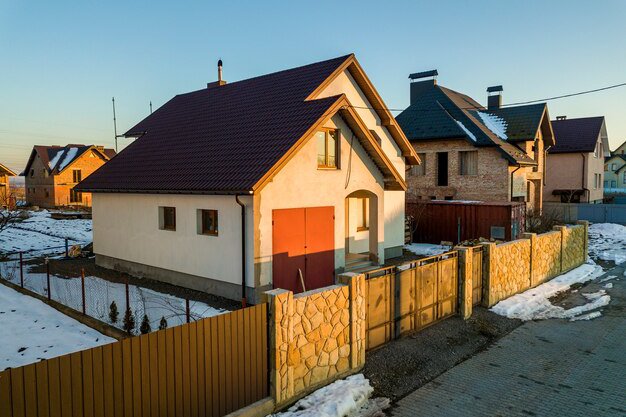
Common Roofing Materials and Their Impact on Roofer Choice
Different roofing materials require different installation techniques and levels of expertise. While many roofers are proficient in asphalt shingles (the most common residential roofing material), some specialize in other types.
- Asphalt Shingles: Widely used, relatively affordable, and come in various styles (3-tab, architectural). Most roofers are experienced with asphalt.
- Metal Roofing: Durable, long-lasting, and energy-efficient, but requires specialized knowledge and tools for proper installation. Look for roofers with specific metal roofing experience.
- Tile Roofing (Clay or Concrete): Aesthetic and durable but heavy, requiring a sturdy roof structure. Installation is labor-intensive and specialized.
- Wood Shakes or Shingles: Provide a natural look but require specific installation to ensure proper ventilation and water shedding. Maintenance is also a factor.
- Low-Slope/Flat Roofing: Materials like TPO, PVC, or modified bitumen are used for low-slope roofs and require different techniques than steep-slope roofing.
Ensure the contractor you choose has proven experience with the specific material you plan to use for your project.
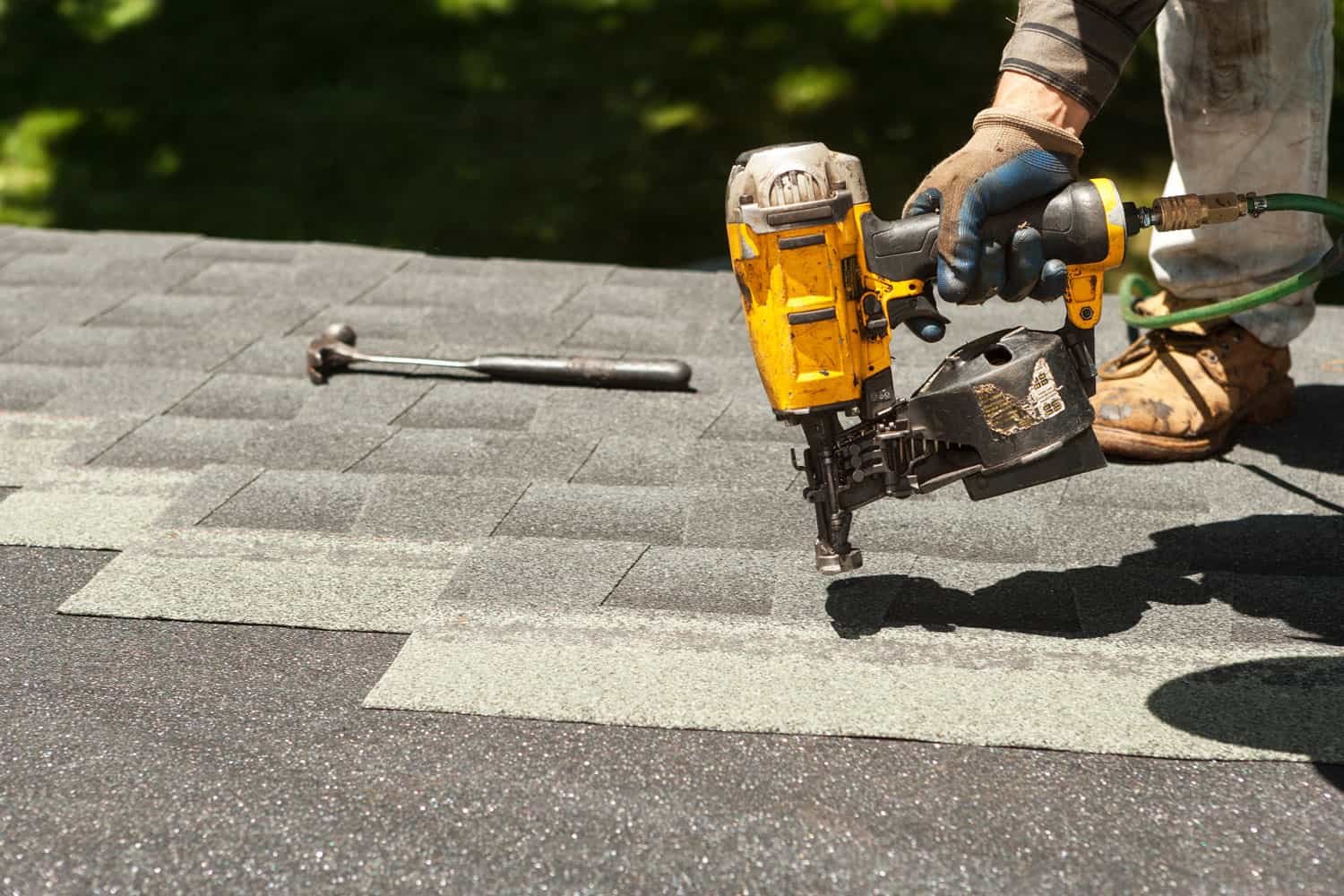
Project Timelines and Scheduling
The duration of a roofing project depends on its size, complexity, the material used, weather conditions, and the contractor's crew size and efficiency.
- Repairs: Can range from a few hours to a couple of days.
- Full Replacement: A typical residential asphalt shingle roof replacement can often be completed in 1-3 days, assuming good weather and no unexpected structural issues. More complex roofs or specialized materials will take longer.
Discuss the estimated timeline with your contractor and understand factors that could cause delays (e.g., weather). A good contractor will provide a realistic schedule and communicate any necessary adjustments.
Frequently Asked Questions
Choosing a roofing contractor can bring up many questions. Here are some common ones:
Q: How do you choose the best roofers?
A: Verify credentials and insurance (check annually), ask for at least 3-5 recent references and review past work, obtain and compare multiple estimates (minimum 3), and evaluate communication and professionalism throughout the selection process. Look for contractors with at least 5 years of experience and positive customer reviews.
Q: Should I get the cheapest bid?
A: Not necessarily. While cost is a factor, the cheapest bid might indicate lower quality materials, less experienced labor, or missing components from the scope of work. Focus on getting the best value, which means a fair price for high-quality work, materials, and warranty.
Q: What kind of warranty should I expect?
A: There are typically two types: material warranties (from the manufacturer, covering defects in the roofing material) and labor/workmanship warranties (from the contractor, covering installation errors). Understand the duration and coverage of both. Manufacturer warranties can often be enhanced if installed by a certified contractor.
Q: Do I need a permit for roofing work?
A: In most areas, including Wilsonville, Oregon, permits are required for significant roofing work like a full replacement or extensive repairs. A reputable contractor will handle obtaining the necessary permits before starting the work. This ensures the work meets local building codes.
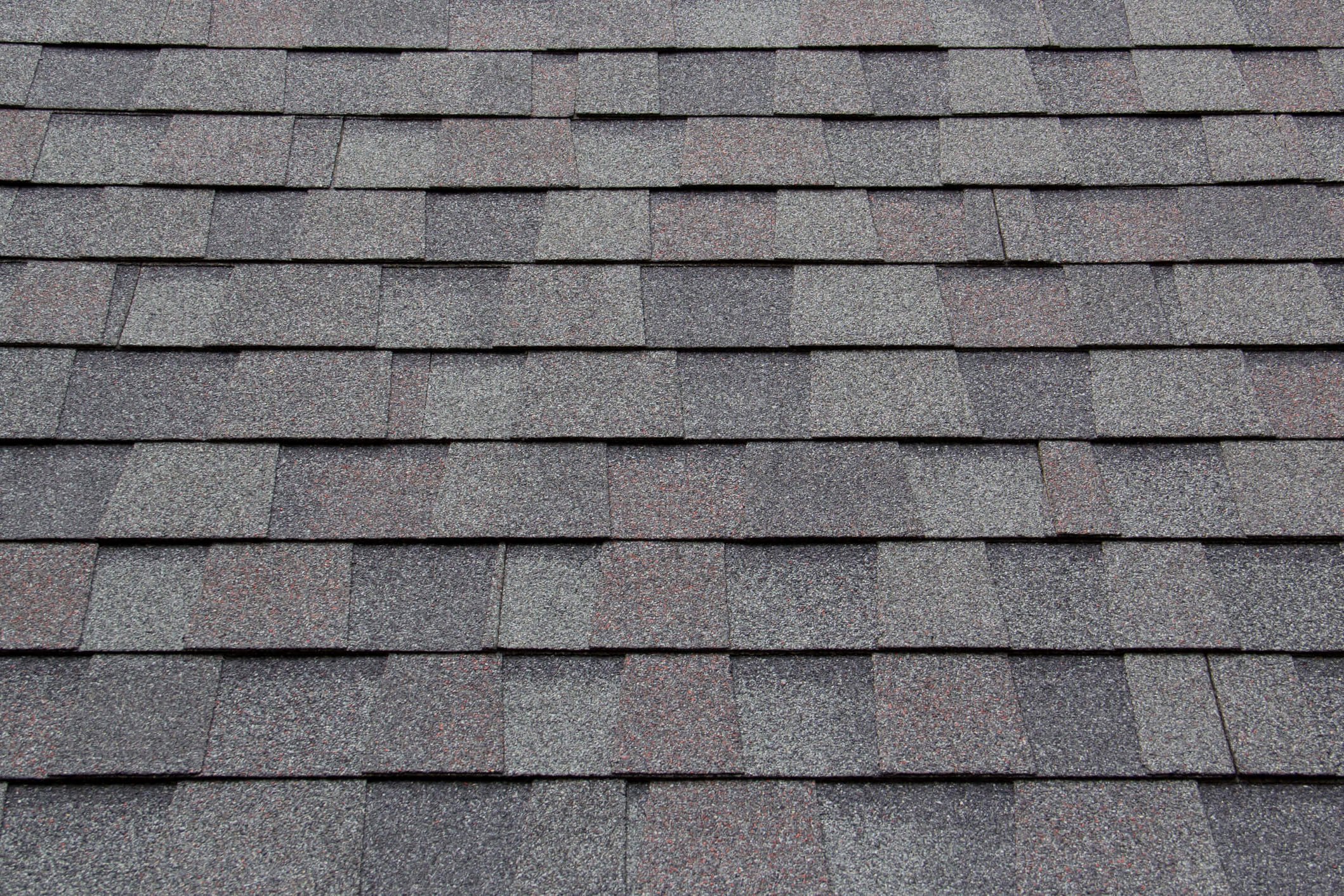
Securing Your Home's Future
Selecting the right roofing contractor is a critical decision that impacts the safety, value, and longevity of your home. By taking the time to properly vet candidates, verify their credentials, check references, and understand the details of their proposals, you significantly increase the likelihood of a successful project. Use the resources available to you, whether it's checking with the Oregon CCB or leveraging digital platforms designed to simplify the process. Investing in a quality roofer is an investment in your home's future, protecting it for years to come.
